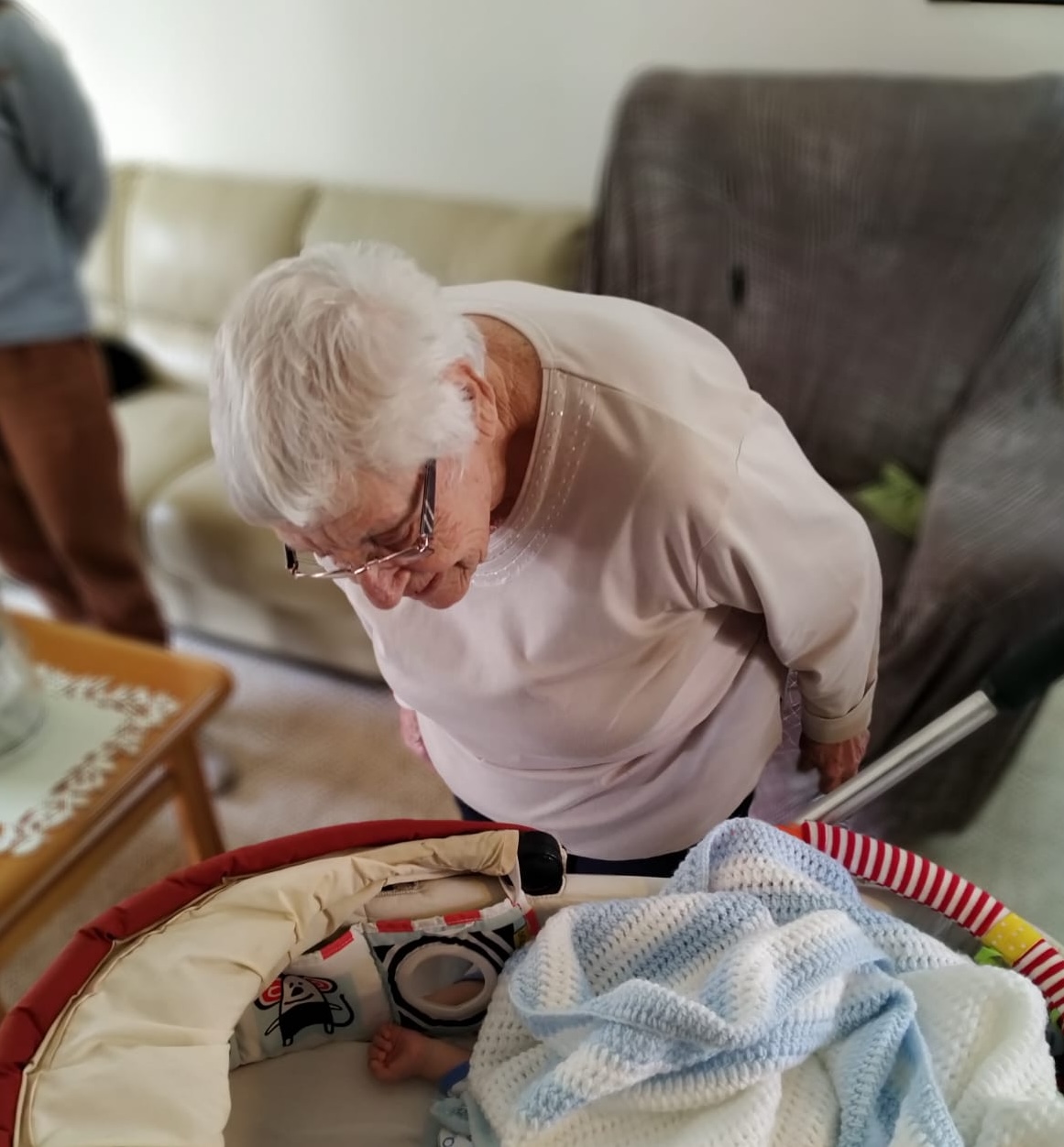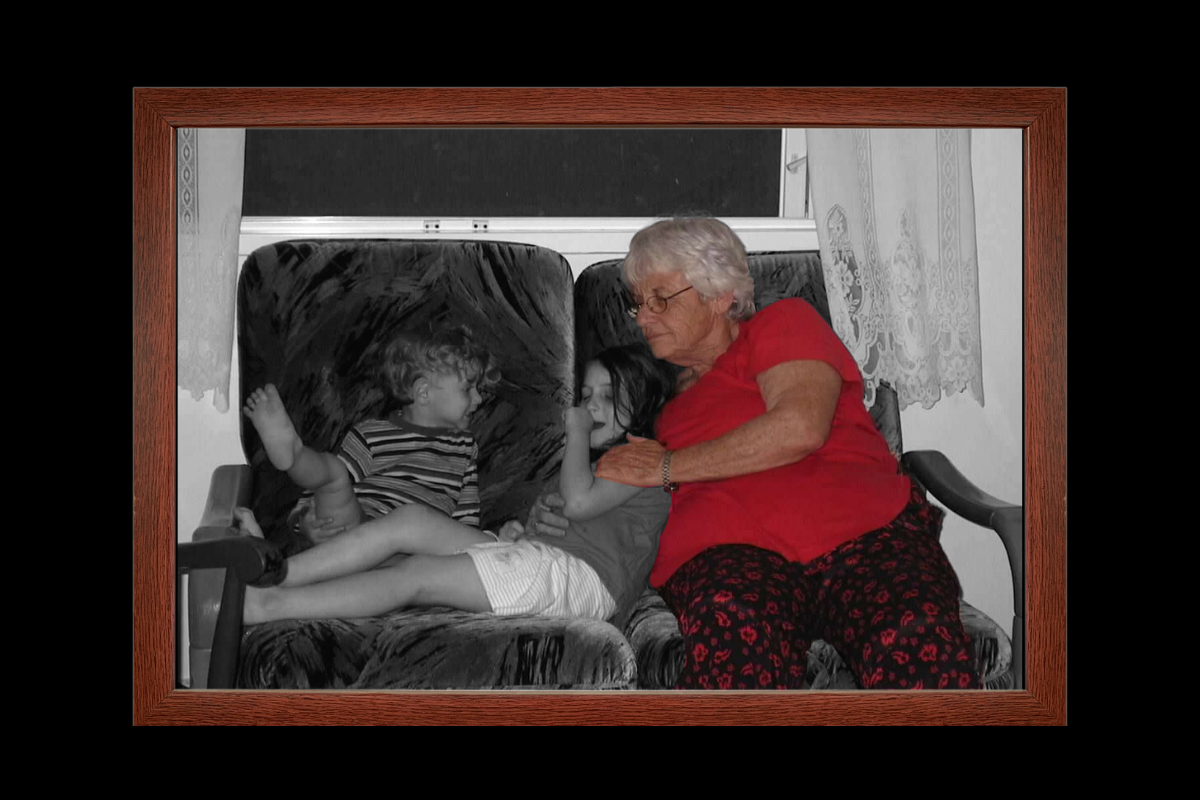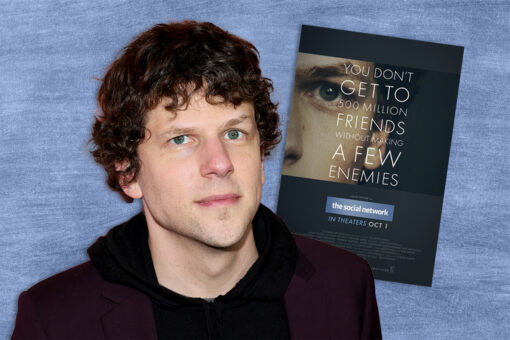The first person I worry about when rockets fire from Gaza is my savta, because she lives in a kibbutz so close to the border.
In the early summer of 2021, amidst escalated violence against Palestinians and a 12-day exchange of fire between Israel and Gaza, with sirens going off in Jerusalem where I was living, I called Savta Ditza to check in with her. As usual, she waved it away, saying she spent some nights in her bomb shelter — nothing to worry about. She asked how school was going and, after I stumbled through answering her in Hebrew, she said “neshikot [kisses]” and goodbye.
This time is different.
This time I’m in Toronto, lying in bed because it’s Saturday morning when I get a message from a friend asking if I’ve heard from my family. After googling “israel news today” and WhatsApp-ing with my mom, I call my dad who says that they’ve heard from everyone in the family in Israel except for Savta Ditza. Reading the news on my phone quickly becomes horrifying, but it’s hard to turn it off. It’s hard to get up, it’s hard to make lunch, it’s hard to breathe. I’ve never felt this kind of worry, this kind of fear. It’s not until hours and hours later — hours that are long and hollow — that my dad calls and says they think Savta Ditza has been taken hostage, nothing for sure, but that’s what our family in Israel thinks.
We get an official confirmation days later of what we already know to be true: Footage of Savta Ditza forced out of her home and into a van.
How do I introduce myself after what I just shared? You now know that I have family in Israel, my grandmother has been taken hostage and I have anxiety. I could give you points of interest on the map of Jewish geography, I could tell you about my Jewish upbringing or my connection to the Holocaust. But it feels weird to engage in that kind of positioning in a personal essay about how I am dealing with the reality of my grandmother being held captive by terrorists and why I am calling for peace. So I’ll just hope you understand.
It’s hard to describe the days that followed October 7. Most of what happened is filtered through a screen. I recently moved away from my immediate family to get my PhD in Canada, so the outpouring of love and support is mostly through messages or calls. There are also the incredible people in my new Toronto community who support me in person. But all of the information, the art and poetry, the calls for justice, are online — so I must be as well, scary as it is.
And it is scary, because I don’t know what I will see. Will someone share a story that will break my heart again? Will someone post something comforting like a prayer or a call for peace or a piece of art that articulates my inner turmoil better than words can? Will there be good news, finally?! But also — will I see graphic depictions of violence? Will people fail to condemn Hamas’ terror? Will they remember to call for the return of hostages along with their demands for a ceasefire?
Will they demand peace at all?
Some members of my family have called for a ceasefire. We did not have a formal process to come to this decision. There was no family meeting about the stances we as individuals are taking publicly. I opened Facebook on October 11 and saw my step-aunt, Neta, demanding that the Israeli government not destroy Gaza. One of my brothers recorded an interview on October 13 for CNN where he said, “I want peace, we need peace,” in front of the whole world. I watched my dad speak at a rally in Philly on October 10 about Savta Ditza and our family, and later read his words in the Philadelphia Inquirer — words of hope that Gaza civilians “get the help they need” and that the hostages get properly prioritized.
These moments inspire me. I am not surprised by my family’s words, but I am comforted by their ability to speak so clearly and confidently. I am so far away from them, and still I feel the warmth and strength of their words, like arms wrapped around me. Only in the past week have I felt like I can put myself out there as well, first in this JTA article, and now in Hey Alma.
Navigating the mess of media is difficult and confusing. There are so many emotions and spiraling questions the more I consume: Where do semantics and antisemitism intersect? Where does recognition of terror and harm become blurred by lack of empathy for the other? How is it that people can so comfortably throw around words like genocide and colonization and apartheid? Where does the world online and the world in person clash and crash and break into each other? When will my savta be free? Do people even care? Can I ever look at my friends the same way again when I know how some will go above and beyond for me and my family while others won’t even send me a heart emoji as my real one is breaking, bleeding out on their tiny little screens?
The sharp turn from profound comfort to frustration or betrayal and then back again, at the swipe of a finger, the press of a button, the pause between a breath, has left me trembling. I have followed so many artists and activists to populate my feed as I also unfollow so many people I have IRL connections with. Just as my physical reality has been shaped by terror, so has my online landscape.
I can’t believe this has been happening for almost three weeks. And yet I know deeply in my bones that it’s true. Savta Ditza has been held hostage for 19 days and there is no moment when I do not want to cry or scream or melt into the ground, because there is nothing I can do but wait and hope and pray that she is returned home alive. It is hard to type that. It is even harder to say out loud and if I try, my words are choked and feel impossible.
So many people are experiencing these feelings. I haven’t spoken directly with many other families of hostages — I can barely do outreach within my own family and community — but some have reached out to me, and I’ve responded. I see and hear their pain. I read what they share, I watch the videos and interviews and cry with them. I am comforted by the refusal of members of my family and other families like mine to be silent, and still I constantly feel like my heart is being crushed.
Many people reach out to me with prayers and wishes; they ask if they can help. What can they do? What do I need? What does my family need? This clawing desperate urge to do something more than just scroll and wait and worry is palpable; it too has made a home under my rib cage. At first it was overwhelming, but I’ve learned that accepting help from people helps them too. So when they ask what they can do, I offer concrete suggestions. I share donation links and letter drafts to government representatives to sign and disseminate; I let people make me food or send me gift cards; I thank people for their prayers and words of care and give my own in return when I can. There is much that is not mitigated by these acts, but these small interactions have been my entire world these past few weeks.
So yes, I am calling for a ceasefire and I am calling for the immediate safe return of hostages. This position is an expression of humanity and morality that I am proud to have been raised with and learned from. I want both Israelis and Palestinians to be safe. I want us all to be free from terror and oppression. I want us to care for each other as we are B’tselem Elohim (created in the image of the Divine) and we all have the capacity for radical and unflinching empathy. I refuse to let myself be poisoned by terror: I will not harden my heart to the suffering of Palestinians, just as I will not turn away from the suffering of my own people.
I am from a compassionate and loving family. I grew up in empowering progressive Jewish communities. At the dinner table, in circles in the grass at sleepaway camp, during long conversations over tea and Torah, I have grown into my empathy. I learn this from my family, from my madrichot, my mentors, from my rabbis and from my friends — and now, maybe someone will learn from me.




